To depend on one's own child is blindness in one eye; to depend on a stranger, blindness in both eyes
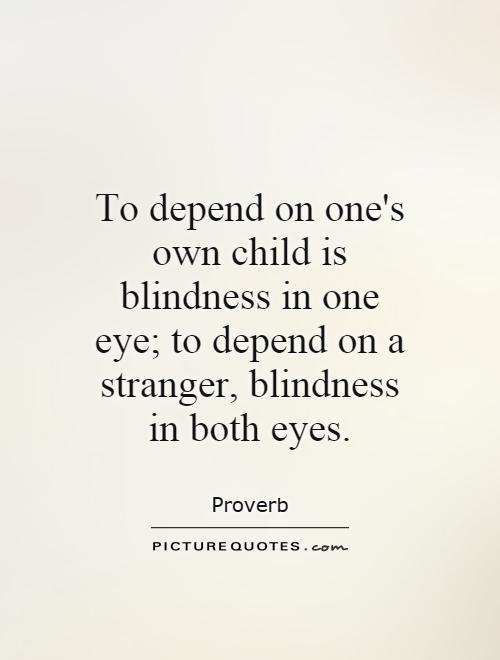
To depend on one's own child is blindness in one eye; to depend on a stranger, blindness in both eyes
The proverb “To depend on one's own child is blindness in one eye; to depend on a stranger, blindness in both eyes” speaks to the delicate balance between relying on family and trusting outsiders. It highlights the risks and vulnerabilities that come with placing trust in either one's own child or a stranger.Relying on one's own child can be a double-edged sword. On one hand, there is a natural inclination to trust and depend on one's offspring, as they are seen as an extension of oneself and are expected to have one's best interests at heart. However, this blind trust can sometimes lead to disappointment and betrayal. Children, like all individuals, are fallible and may not always act in the best interest of their parents. This can result in a sense of betrayal and hurt that is particularly painful when it comes from one's own flesh and blood. In this sense, depending solely on one's child can lead to a form of blindness, as it may prevent one from seeing their faults and limitations.
On the other hand, relying on a stranger can also be risky. While outsiders may offer a fresh perspective and new opportunities, they may not have the same level of loyalty and commitment as one's own child. Trusting a stranger with important matters can leave one vulnerable to exploitation and deceit. This form of blindness is even more dangerous, as it involves placing one's trust in someone who may not have one's best interests at heart.
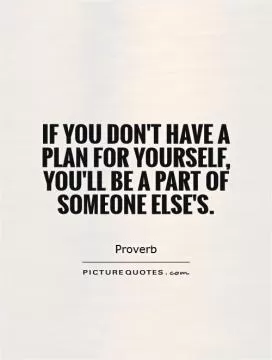
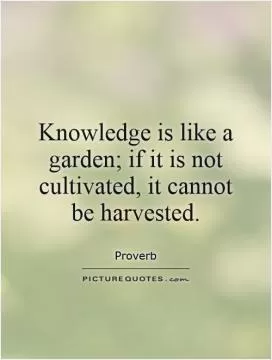




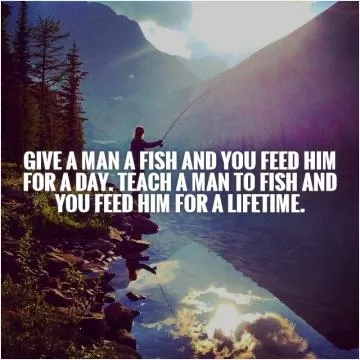

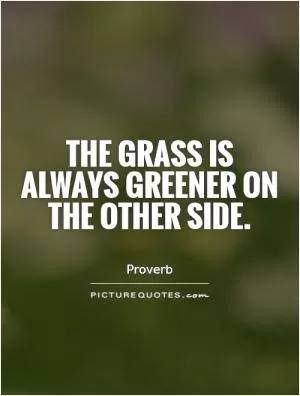
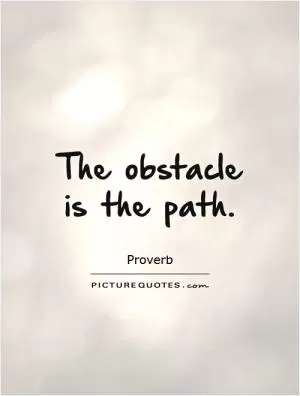


 Friendship Quotes
Friendship Quotes Love Quotes
Love Quotes Life Quotes
Life Quotes Funny Quotes
Funny Quotes Motivational Quotes
Motivational Quotes Inspirational Quotes
Inspirational Quotes